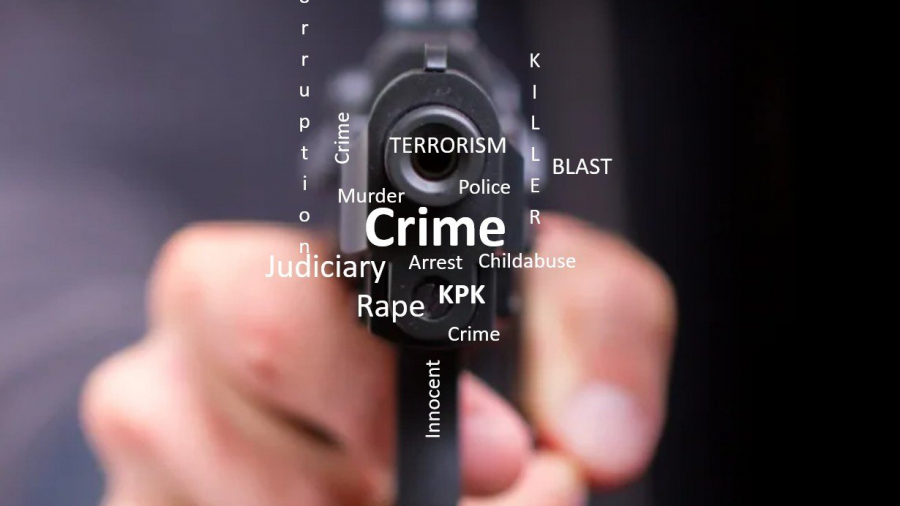Educational institutions successfully managed to open their doors for students after six-month closure all over Pakistan including Khyber Pakhtunkhwa amid a steady decline in coronavirus cases.
Closed in March this year due to corona pandemic, most of the universities, colleges and some schools have been reopened from Sept to first of October with a set of SoPs issued by ministry of health in coordination with the education ministry.
As per SoPs, wearing masks & use of sanitizer for teachers and students is mandatory while students’ strength must be cut to half per classroom who would be attending classes in two shifts or groups on alternate days.
The prolonged closure of educational institutes has own demerits posing some unprecedented challenges to the teachers as well as students.
Teachers and students alike were seen struggling with online classes often faced with slow internet streams and lack of knowledge regarding modern techniques involving e-learning which has affected the studies.
With reopening of the educational institutes, private schools are worried about the completion of syllabus in different disciplines as seven months of the current academic year have already lapsed with minimum online classes.
Ms. Bakhtawar, a teacher at IIUI (International Islamic University Islamabad, Nowshera campus) said “There is huge difference between pre and post Covid19 situation. The syllabus is still not completed and students have to cover a lot of chapters that are pending due to closure of educational institutes for seven months.”
Online classes have own problems & difficulties to overcome specially availability of internet.
The students living in marginalised regions were facing issues of lack of high bandwidth and strong internet connection which are essential for online courses thus failed to catch up with their virtual classmates in the cities.
Others who properly attended the online classes during lockdown are also not satisfied with the e- studies.
One of the ninth standard students at Armour Public School Nowshera, Zunaira Ahmad expressing her opinion about the online studies said “Due to online classes teachers could not cover most of the syllabus and now we students are confused how to finish the remaining course before next academic year.”
Switching from traditional classroom to virtual classroom had made the learning experience entirely different for students making it difficult for them to adapt to the new method of getting education.
Wearing mask is another challenge for majority of the students not familiar with it thus wearing a mask for over six hours makes it difficult to breath.
A sixth grade student, Bushra Ahmad complaint “I cannot focus in the classroom as I face breathing problems due to mask causing headache and muscle pain around the ears, therefore i used to touch mask and pull it down several times to get enough air to breath in and relax my ears”.
The other challenges & problems include increase in transport fares, psychological and behavioral changes, traumatic condition after lockdown, managing medical wellbeing of the students as well as teaching staff etc.
A coordinated effort on the part of teaching staff, management of the schools, health departments and parents would be pivotal in overcoming post Covid challenges and inducing interests in students for studies actively.


